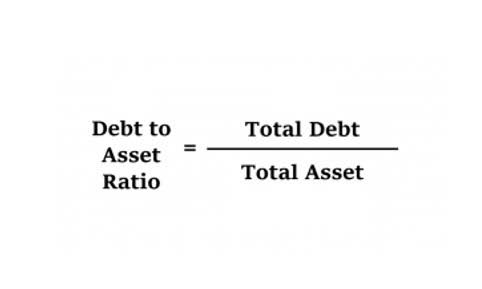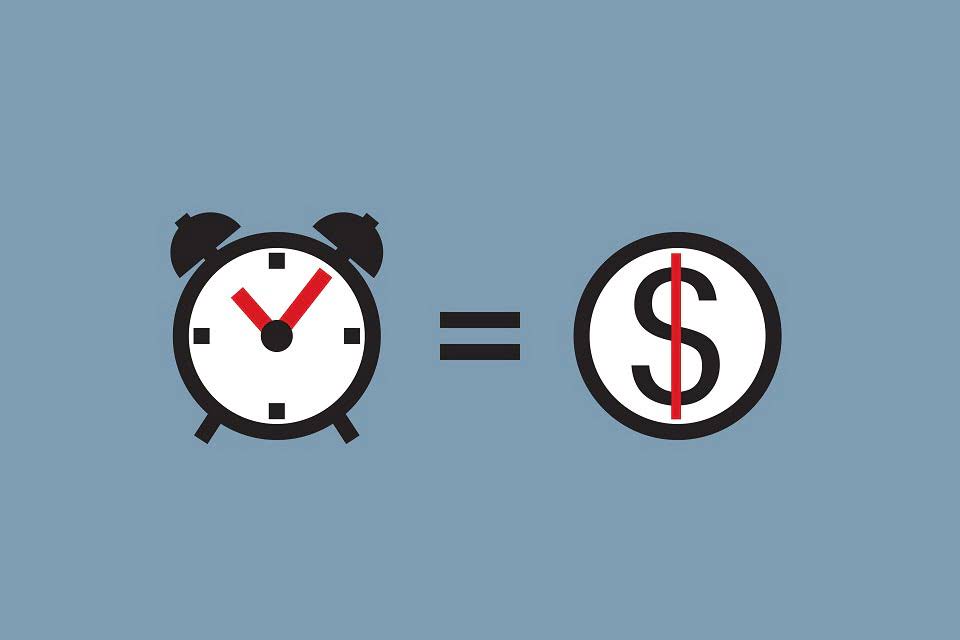
Bookkeeping definitely is not a field where technology makes jobs obsolete. In fact, businesses need bookkeepers more than ever to maintain financial books and ensure their accuracy. For instance, bookkeepers deal with fewer paper checks due to bookkeeping software and the rise of electronic banking.

Bookkeepers are responsible for recording financial transactions related to the business. While most bookkeepers work with businesses, some individuals may also choose to hire a bookkeeper to track personal finances. Then, kickstart your bookkeeping career by signing up for an Intuit Bookkeeping Certification. Asking what kind of accounting software your bookkeeper uses is important because it determines whether or not you’ll have administrative rights. If you don’t have rights to the software, you may have issues accessing your financial information if you don’t have access to the software your bookkeeper uses.
Things that Bookkeepers Do
If you purchase these materials as a bundle, they cost $1,276 in total. Another difference to note between the CBP and CB credentials is cost. You must pay for each part of the required exam, along with any preparation courses you may take. As noted above, NACPB and AIPB both require annual fees as well to keep members’ credentials current. CPB licensure lasts one year, after which you must demonstrate that you completed all necessary continuing education credits and pay an annual membership fee. CPB credentials require 24 hours of continuing education per year of licensure.
- Make sure to bring proper identification and any required materials on exam day.
- You need to be able to focus on one financial situation and not get distracted.
- Membership also gives you access to resources that can help you prepare to become a CPB.
- Bookkeeping requires fewer skills and work, so hiring a bookkeeper instead of an accountant can save you money in the long run.
- If you’re interested in working remotely as a bookkeeper, applying directly or joining the Intuit Tax and Bookkeeping Talent Community may be the right move.
- Another difference to note between the CBP and CB credentials is cost.
- Both offer similar benefits regarding membership, resources and renewable credentials.
Bookkeeping is a part of the accounting process that involves recording financial transactions. This could include how a business tracks client invoices, bills, receipts, or other purchases. Bookkeeping may also include the creation of financial statements and processing payroll.
America’s #1 Bookkeeping Certification
Both are nationally recognized and well-regarded by accounting professionals. The first is the American Institute of Professional Bookkeepers (AIPB), and the second is the National Association of Public Bookkeepers (NACPB). Both offer similar benefits regarding membership, resources and renewable credentials. While other bookkeeping credentials do exist, those offered by AIPB and NACPB are the most renowned and respected. Explore programs of your interests with the high-quality standards and flexibility you need to take your career to the next level. The Talent Acquisition team is dedicated to connecting people with exciting career opportunities and partnership within Intuit.
You’ll be working for a business or businesses, and you’ll learn about the industry they are in. The amount bookkeepers charge will depend on where they’re should i become a bookkeeper located, experience, industry type, and other services needed. Accountants are usually more skilled and in a more advanced position than bookkeepers.
How Can You Prepare for the CPB Exam?
If you’re considering a business credit card, you might want to look for one that offers a generous rewards program and/or charges no annual fee. There may be additional steps required if you plan to hire employees for your business. For instance, California requires workers’ compensation for all employers, regardless of the number of employees. In Alabama, on the other hand, businesses are not required to purchase workers’ compensation insurance if they have fewer than five employees. A bookkeeper who is self-employed running her own bookkeeping business may take on a broader range of duties than their peers. They will likely have to track their own finances including income and expenses, for example.



